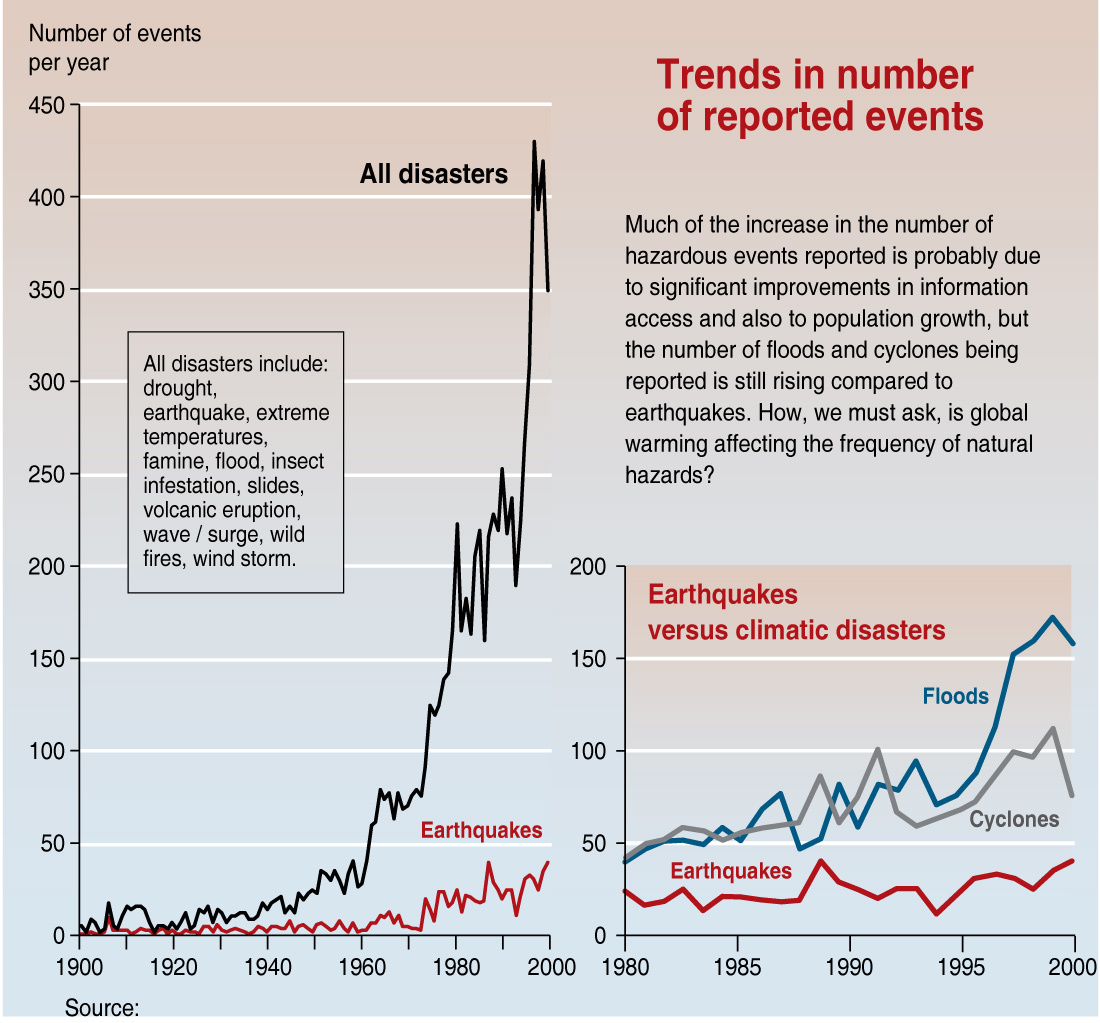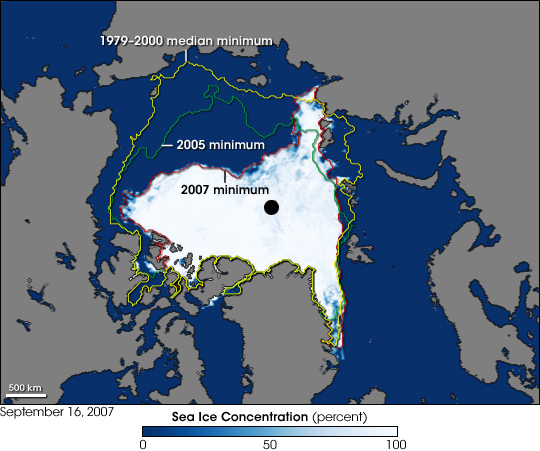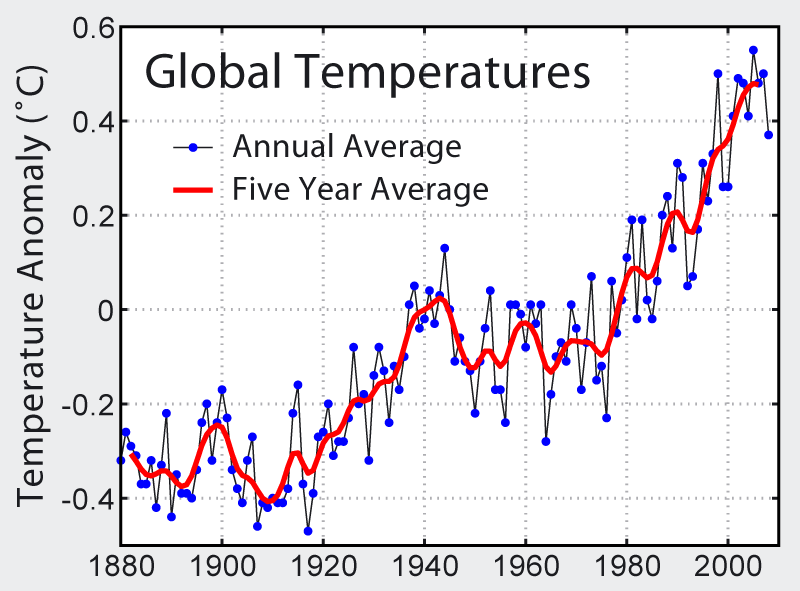“Global weirding” is a play on words that serves as an alternative to “global warming.” Thomas Friedman popularized the term in a 2007 New York Times article about the final report of the U.N.’s Intergovernmental Panel on Climate Change: “I prefer the term ‘global weirding,’ coined by Hunter Lovins, co-founder of the Rocky Mountain Institute, because the rise in average global temperature is going to lead to all sorts of crazy things — from hotter heat spells and droughts in some places, to colder cold spells and more violent storms, more intense flooding, forest fires and species loss in other places.”
Call it warming or weirding – either way, “the times they are a changing”: “We’re setting climate records at a record-setting pace,” David Orr, a professor of environmental studies and politics at Oberlin College, told The Huffington Post. “More hottest hots, driest dries, wettest wets, windiest wind conditions. So it’s all part of a pattern. If you ask is this evidence of climate destabilization, the only scientific answer you can give is: It is consistent with what we can expect.”
As the World Meteorological Organization points out, “Several diverse extreme weather events are occurring concurrently around the world, giving rise to an unprecedented loss of human life and property. They include the record heatwave and wildfires in the Russian Federation, monsoonal flooding in Pakistan, rain-induced landslides in China, and calving of a large iceberg from the Greenland ice sheet. These should be added to the extensive list of extreme weather-related events, such as droughts and fires in Australia and a record number of high-temperature days in the eastern United States of America, as well as other events that occurred earlier in the year.”
“The occurrence of all these events at almost the same time raises questions about their possible linkages to the predicted increase in intensity and frequency of extreme events, for example, as stipulated in the IPCC Fourth Assessment Report published in 2007. The Report stated that ‘…the type, frequency and intensity of extreme events are expected to change as Earth’s climate changes, and these changes could occur even with relatively small mean climate changes. Changes in some types of extreme events have already been observed, for example, increases in the frequency and intensity of heat waves and heavy precipitation events’ (Summary for Policy Makers, WG I, FAQ 10.1, p. 122).”
While some object to the term “global weirding” because it suggests something bizarre or out of the ordinary, it’s certainly a safer term than “global warming.” According to an Associated Press release on January 30, 2007, climate scientists at seven government agencies said that they had been “subjected to political pressure aimed at downplaying the threat of global warming. The groups presented a survey that shows two in five of the 279 climate scientists who responded to a questionnaire complained that some of their scientific papers had been edited in a way that changed their meaning. Nearly half of the 279 said in response to another question that at some point they had been told to delete reference to ‘global warming’ or ‘climate change’ from a report.
In addition to the pressure from politicians, many prominent scientists working on climate change issues have reported increasingly severe harassment from members of the public. The harassment has taken several forms. The US FBI told ABC News that it was looking into a spike in threatening emails sent to climate scientists, while a white supremacist website posted pictures of several climate scientists with the word ‘Jew’ next to each image. One climate scientist interviewed by ABC News (ABC World News Sunday. ABC News. 23 May 2010) had a dead animal dumped on his doorstep and now frequently has to travel with bodyguards” (source). It seems that global weirding applies to humanity as much as it does to climate…
Article by Bill Norrington






